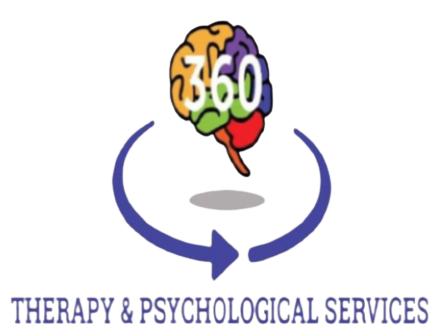6 Ways to Improve Patient Care as a Mental Health Technician

As a mental health technician, your role is crucial in providing quality care to patients with mental health challenges. Enhance patient care by focusing on empathy, collaboration, therapeutic interventions, education, and self-care. Discover effective strategies to improve mental health consultation services and support patients on their journey towards mental wellness.
Understanding the Role of a Mental Health Technician
Before delving into the strategies to improve patient care, let’s clarify what a mental health technician does. Mental health technicians, also known as psychiatric technicians or aides, work alongside mental health professionals to provide care and support to patients with mental illnesses or disorders. They assist with daily activities, monitor patient progress, and ensure a safe and therapeutic environment.
- Cultivate Empathy and Active Listening Skills
Empathy is at the core of effective patient care. As a mental health technician, it’s essential to cultivate empathy towards your patients. This means actively listening to their concerns, acknowledging their feelings, and showing genuine compassion. Practice reflective listening techniques to ensure patients feel heard and understood. Empathy can significantly impact patient outcomes by fostering trust and rapport between you and the individuals under your care.
- Collaborate with Mental Health Professionals
Collaboration is key to providing comprehensive care to patients. Work closely with mental health professionals such as psychiatrists, psychologists, and counselors to develop personalized treatment plans. Attend team meetings, contribute insights based on your observations, and communicate effectively to ensure continuity of care. Collaboration ensures that patients receive holistic support addressing their physical, emotional, and psychological needs.
- Implement Therapeutic Interventions
As a mental health technician, you can play a vital role in implementing therapeutic interventions that promote patient well-being. This includes assisting patients with activities that promote relaxation, stress reduction, and emotional regulation. Incorporate mindfulness techniques, guided imagery, and relaxation exercises into daily routines. These interventions can help patients manage symptoms, improve coping skills, and enhance overall mental health.
- Foster a Safe and Supportive Environment
Creating a safe and supportive environment is crucial for patient recovery and well-being. Ensure that the treatment setting is conducive to healing, free from triggers or stressors whenever possible. Implement safety protocols, crisis intervention strategies, and de-escalation techniques to address challenging situations effectively. Foster a culture of respect, dignity, and inclusivity to empower patients on their journey towards mental wellness.
- Provide Education and Resources
Empower patients by providing them with education and resources related to their mental health condition. Offer psychoeducation sessions covering topics such as symptoms, treatment options, medication management, and relapse prevention strategies. Connect patients with community resources, support groups, and peer networks to enhance their social support system. Education equips patients with the knowledge and skills they need to actively participate in their recovery process.
- Prioritize Self-Care and Professional Development
Lastly, prioritize your own self-care and professional development as a mental health technician. Burnout is common in this field, given the emotional demands and intensity of the work. Practice self-care strategies such as mindfulness, exercise, hobbies, and seeking support from colleagues or supervisors. Engage in ongoing training, workshops, and continuing education opportunities to enhance your skills, knowledge, and effectiveness in providing patient care.
FAQs:
What Does a Mental Health Technician Do?
A mental health technician, also known as a psychiatric technician or aide, plays a vital role in the mental health care system. Their primary responsibility is to assist mental health professionals in providing care and support to patients with mental illnesses or disorders. Here are some specific tasks and duties that mental health technicians typically perform:
- Daily Patient Care
- Monitoring and Observation
- Assisting in Therapy Sessions
- Administering Medication
- Crisis Intervention
- Educating Patients
- Collaboration with Healthcare Team
- Maintaining Records
How Long Does it Take to Become a Mental Health Technician?
The time it takes to become a mental health technician can vary. Generally, it involves completing a post-secondary education program in mental health technology or a related field, which typically takes around one to two years. Some positions may also require certification or licensure, which can require additional time and training.
What Training is Required to Work as a Mental Health Technician?
To work as a mental health technician, you typically need to complete a post-secondary education program in mental health technology or a similar field. This program provides training in areas such as patient care, therapeutic interventions, crisis management, and communication skills. Additionally, some positions may require certification or licensure, which involves passing an exam and meeting specific requirements set by state regulations. Continued professional development and training are also essential to stay updated with best practices in mental health care.
Takeaway
Improving patient care as a mental health technician involves cultivating empathy, collaborating with mental health professionals, implementing therapeutic interventions, fostering a safe environment, providing education and resources, and prioritizing self-care and professional development. By integrating these strategies into your practice, you can make a meaningful difference in the lives of patients struggling with mental health challenges.
recent post

Best Tips for Choosing the Right Family Doctor for Your Health Care

What to Expect from Psychodiagnostics Assessment – A Complete Guide


How to Find the Right Therapist for Your Mental Health Matters


